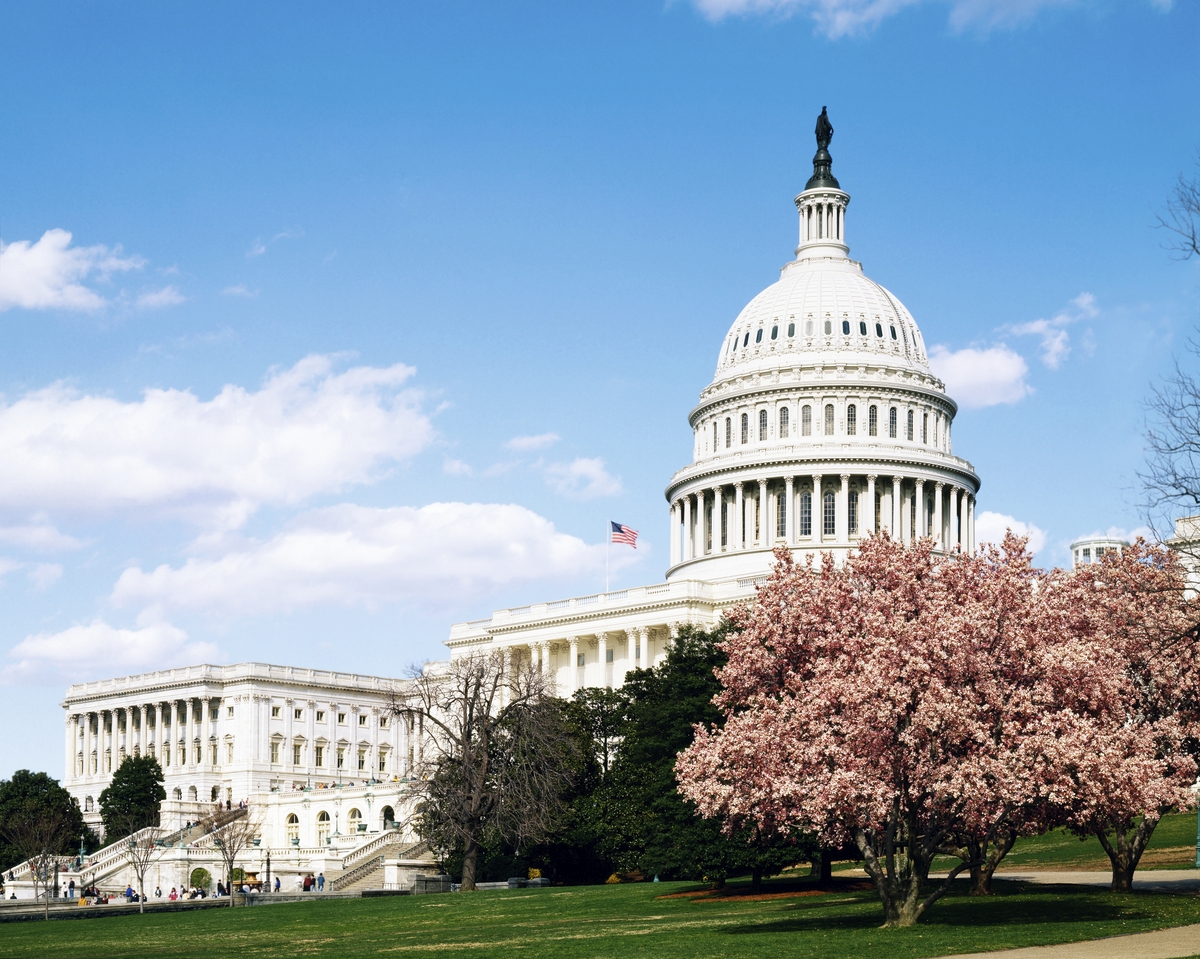
In this advanced course designed to introduce the field of Political Science, students will take a deeper look into the American political system and will be required to think critically about it. The course is also a solid preparation for a future rigorous college course. It is also good preparation for students planning to take the AP US Government and Politics test.
How to get the most out of Political Science with Paul Hyatt:
-
First, read the course materials for each class. Reading is not punishment. It is probably the most important way that we grow in knowledge. Set aside about a half an hour to one hour each day to read your Bible, the books for your courses, and perhaps even something for the pure enjoyment of reading (in my case, anything by Tolkien). You will benefit, greatly, from this in life.
-
Then, have a notebook ready and available for class. This is very important as people generally retain knowledge better by writing it down, by hand.
-
Watch all videos for each class. In these videos, I will guide you through the key concepts that you need to have a firm grasp of in order to attain mastery of the material covered in this course. These videos are to be a tool for you to use in order to be successful.
-
Do the assignments and any extra work assigned for that class.
-
Once the course is completed to the parent's and professor’s satisfaction, there is a Certificate of Completion at the end to be filled in for your records.
Special Notes: This course includes a writing component.
Total classes: 15
Duration: 55 minutes per class
Prerequisite: None. However, an interest in politics and the social sciences will be helpful.
Suggested grade level: 11th to 12th grade. An advanced, enthusiastic 10th-grade student could do well in this course.
Suggested credit: One full semester Political Science (college preparatory)
Instructor: Paul Hyatt
Instructor Email: phyatt.hsc@gmail.com
Course description: The nature of our world can be quite confusing. Sometimes, in order to see through that confusion, we need to get down into the gritty details. This is precisely what this course seeks to do with the American political system. We will be seeking to thoroughly understand the nature of how politicians wield power, looking at examples from today and throughout American history. This course will give a young person the confidence to engage with the political world around them and prepare them for collegiate-level instruction.
Course outline:
Week 1: Politics and Political Science – What is it and why does it matter? – Topics discussed: Introduction to studying political science
Weeks 2 & 3 Foundations of the United States Constitution – Topics discussed: American Philosophical roots, Principles of Government, The United States Constitution
Week 4: Federalism – Topics discussed: The Constitutional Basis of Federalism, How Federalism works, National Supremacy, What Federalism looks like today
Weeks 5, 6, & 7: The Legislative Branch – Topics discussed: Structure and organization of Congress, Elections, Leadership, Committees, Staff, Roles, Privileges, Powers, Lawmaking process, Tactics, and interest groups
Weeks 8 & 9: The Executive Branch – Topics discussed: Origins of the Presidency, Becoming the President, Vice President, Presidential Powers, Limits on Power, Presidential character, Bureaucracy, Executive Office of the President, Departments
Week 10: The Judicial Branch – Topics discussed: Federal Court System, Structure of the American Judicial System, Judicial Selection, How the Court works, Judicial Philosophy
Week 11: Rights and Duties – Topics discussed: Civil Rights and Civil Liberties, Duties as an American citizen
Week 12: Ideologies and Beliefs – Topics discussed: The difference between philosophy and ideology, Political values, Socialization, Public Opinion
Weeks 13 & 14: Political Participation – Topics discussed: Campaigns, Elections, Voting, Political Parties, Interest Groups, and Mass Media
Week 15: Public Policy – Topics discussed: Policymaking process, Domestic Policy, Economic Policy, Foreign Policy
Course materials: We will be utilizing an AP Government textbook from McGraw Hill, ISBN: ISBN-10: 1264267665, ISBN-13: 978-1264267668 (https://amzn.to/35VYZoi). We will also utilize a series of primary sources that will all be accessible through sites like https://www.archives.gov/. Additionally, from time to time, we will utilize news articles from events that are going on currently to discuss the American political situation in real time.
Homework: Homework will consist of 14 discussion forum assignments, a midterm, and a final. The discussion forums are meant to get students to engage with their classmates in responsible discussion and debate. The assignments call for students to restate, in their own words, what our founding documents, and other sources, are saying. Then, they will look for examples of how this structural aspect works throughout history and in our lives today. After they have done this, then they will be able to interact with their classmates in responsible discussion and debate on each issue. Each assignment should take about an hour to complete. The midterm and final exams will be multiple choice exams that are meant to be a review of the material covered in the course. An answer key is not provided for this course.
Technical Help: If you have any technical trouble or questions about course content, please email us at homeschoolconnections@gmail.com.
©2023 Homeschool Connections and Paul Hyatt. All rights reserved. This course is designed by Paul Hyatt.
- This material is only to be used for its intended purpose by active subscribers of Homeschool Connections. Any other use without explicit permission is in violation of the seventh commandment (yes, the 7th commandment) and in violation of US and International copyright laws.
- You may print or download to local hard disk extracts for your personal homeschool and non-commercial use only. This is not to be used for homeschool co-ops without express written permission from Homeschool Connections.
- Teacher: Paul Hyatt